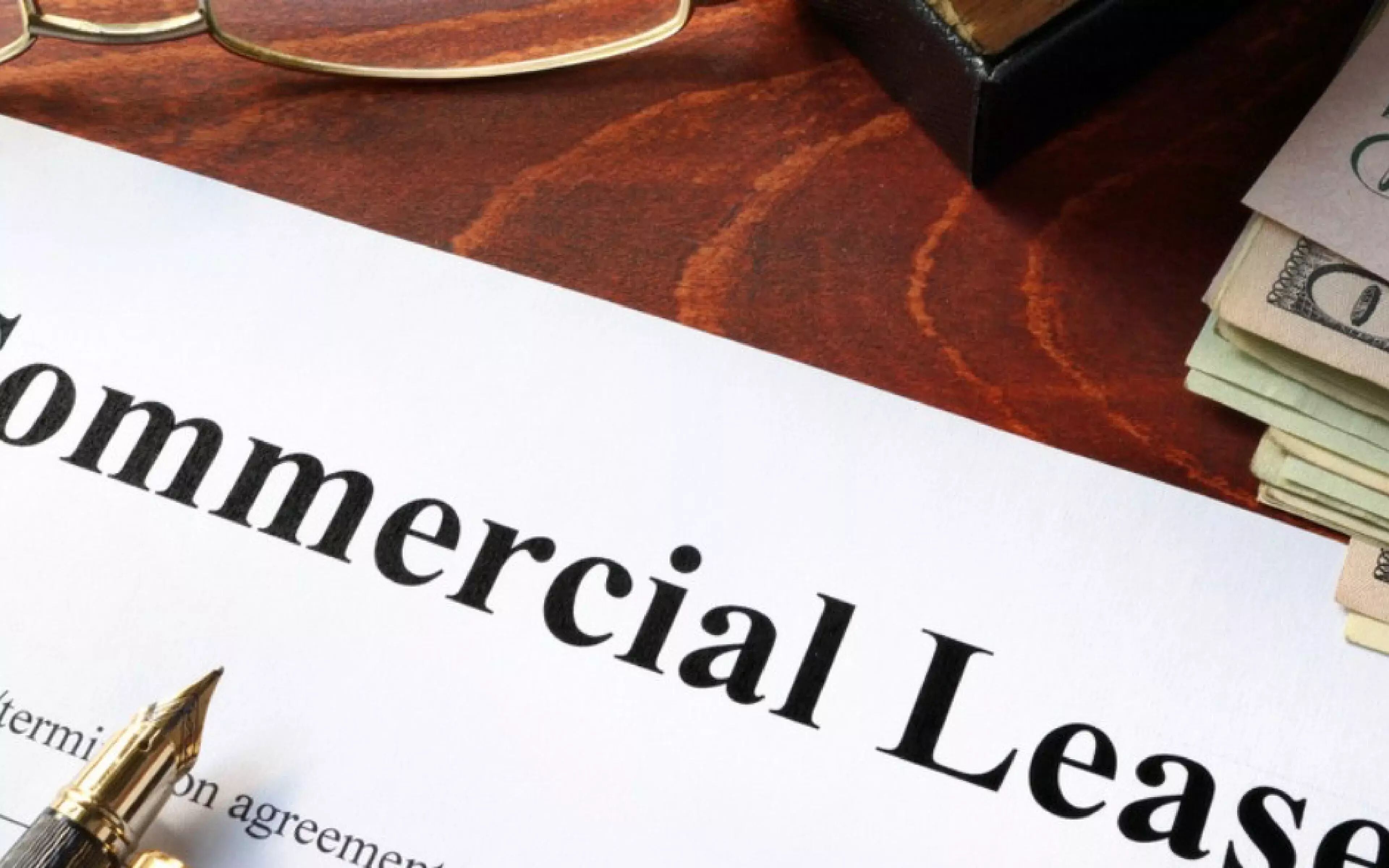Different types of commercial leases and what they mean for you
Melbourne property lawyers will tell you that a commercial lease is a legal document that outlines the terms and conditions by which a tenant or lessee has agreed to occupy a landlord or lessor’s property. Stipulations in this agreement will explain the rights and obligations each party owes one another.
If you are soon to sign a commercial lease, it makes sense to get property law advice. Asking Melbourne property lawyers to look over the paperwork can help avoid any commercial property disputes down the track.
There is a range of different types of commercial leases in the marketplace today, one for every kind of circumstance. They may not be referred to as commercial leases, but that, in essence, is what they are.
We’re talking about leases such as:
- Retail leases
- Commercial leases
- Licences
- Assignments and sub-leases
Below we will detail each of these lease types, explaining what they mean for you.
Remember, should you have any further questions, you can contact our Melbourne property lawyers, who are always happy to help you with commercial leases, offering leading property advice in Melbourne.
Retail leases
When defining your lease needs, Melbourne property lawyers will refer to the Victorian Retail Leases Act of 2003. In this legislation, the definition of retail premises is an area used “wholly or predominantly for (a) the sale or hire of goods by retail or the retail provision of services.” Or, “(b) the carrying on of a specified business.”
There are exclusions as to what retail premises are, but they are places of retail commerce rather than an area intended for use as a residence.
If you’re wondering if you need to get property law advice on what a retail lease means for you, then your hunch is correct.
It is wise to get property law advice from experienced Melbourne property lawyers on this issue, as a retail lease potentially offers more obligations on landlords and additional protection and rights for tenants.
So, it pays to be aware of these rights when you enter a retail lease. They will be greater than those provided by other kinds of commercial leases. A little bit of property law advice can work in your favour.
If retail lease legislation applies to the property you want to lease, there may be some required legal work that must occur before the lease is ready to be signed. This point is even more reason to get property law advice before making significant decisions. There are many benefits of hiring a property lawyer.
Commercial leases
In a commercial lease, rent can be calculated in several ways. It can be a base figure, it can be added to outgoings, it can be a base rent, with a percentage of sales on top, or it can be stipulated as a rent review on market review, with a fixed rate, based on the CPI.
As you can see, it is not exactly straightforward, which is why getting good property law advice when you are thinking of entering a commercial lease is crucial.
Another reason to talk to Melbourne property lawyers about commercial leases is that they are usually long-term – from 3 to 25 years, so you want to ensure that all details are correct.
While you wouldn’t be signing on the dotted line for a full 25 years straight away, a longer lease is broken down into shorter periods; you do want to get things right from the outset. So, if you’re wondering when to hire a property lawyer, it’s best to get in sooner rather than later.
Licences
You may or may not have heard of licences. They are used for short-term leasing, and while they may not have such complex rent stipulations as commercial leases, the tenant may still be obliged to pay outgoings and rent or to contribute to property maintenance.
A licence will not usually allow renewal, as the whole point of a licence is that it’s a short-term agreement. So, licences are only relevant to you if you are interested in a temporary space.
If you want the option to renew at the end of a lease, then you should find a different commercial lease to meet your needs.
Our Melbourne property lawyers have a detailed knowledge of all kinds of commercial leases, not just the popular ones, so we can quickly advise you on which is best for your situation.
Assignments and sub-leases
An assignment involves a third party taking over the tenant’s obligations in a lease with the landlord.
A sub-lease is a new agreement between a tenant and a third party that may or may not mirror the original terms between tenant and landlord.
To be involved in an assignment or sub-lease, a tenant’s lease must allow this situation as part of its terms. Similarly, it can only occur with the landlord’s permission.
The reason that assignments and sub-leases occur is that they provide flexibility to the tenant in the case of unforeseen circumstances.
They can change location, leave the business, or move to smaller premises without the financial constraint of continuing to pay the landlord out of their pocket.
However, just because you take out an assignment or sub-lease, that doesn’t mean all obligations to the landlord fade away, and any new agreement must respect the original one to the landlord.
Get help with commercial leases from P&B Law
If you’re finding all these rules about commercial leases a bit confusing, don’t worry, our Melbourne property lawyers can help you.
We offer the best property law advice in Melbourne on all property issues, including commercial leases.
We can assist you in understanding your rights and obligations under a commercial lease before you sign on that dotted line.
Contact us today for leading property law advice in Melbourne.
